Was Alexander Litvinenko 'killed at the third attempt'? Inquiry opens into whether Russia murdered former spy in London nuclear attack
Family believes he was working with MI6 at the time
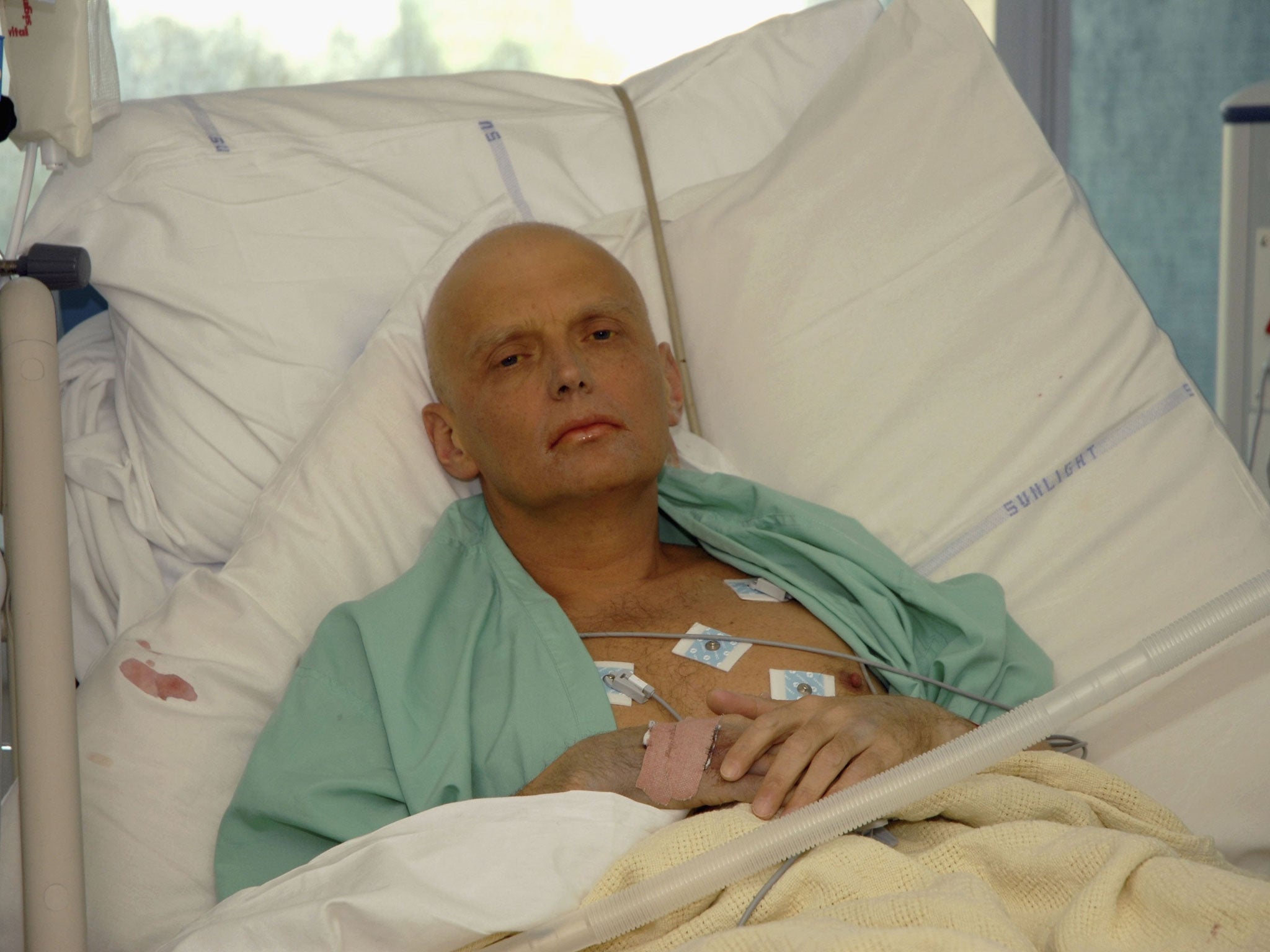
More than eight years after his death in London by radioactive polonium poisoning, a public inquiry opens today into whether the former spy Alexander Litvinenko was killed at the orders of the Russian state.
The former secret agent and political dissident died in agony in November 2006 after meeting two Russian men at a Mayfair hotel – and on his deathbed named Vladimir Putin as “the person responsible for my present condition”.
And over the weekend, the Daily Telegraph reported that US spies may have intercepted messages between those involved in the murder. The newspaper claimed the communications, now in the hands of the British authorities, could provide key evidence that the death was a Russian-backed “state execution”.
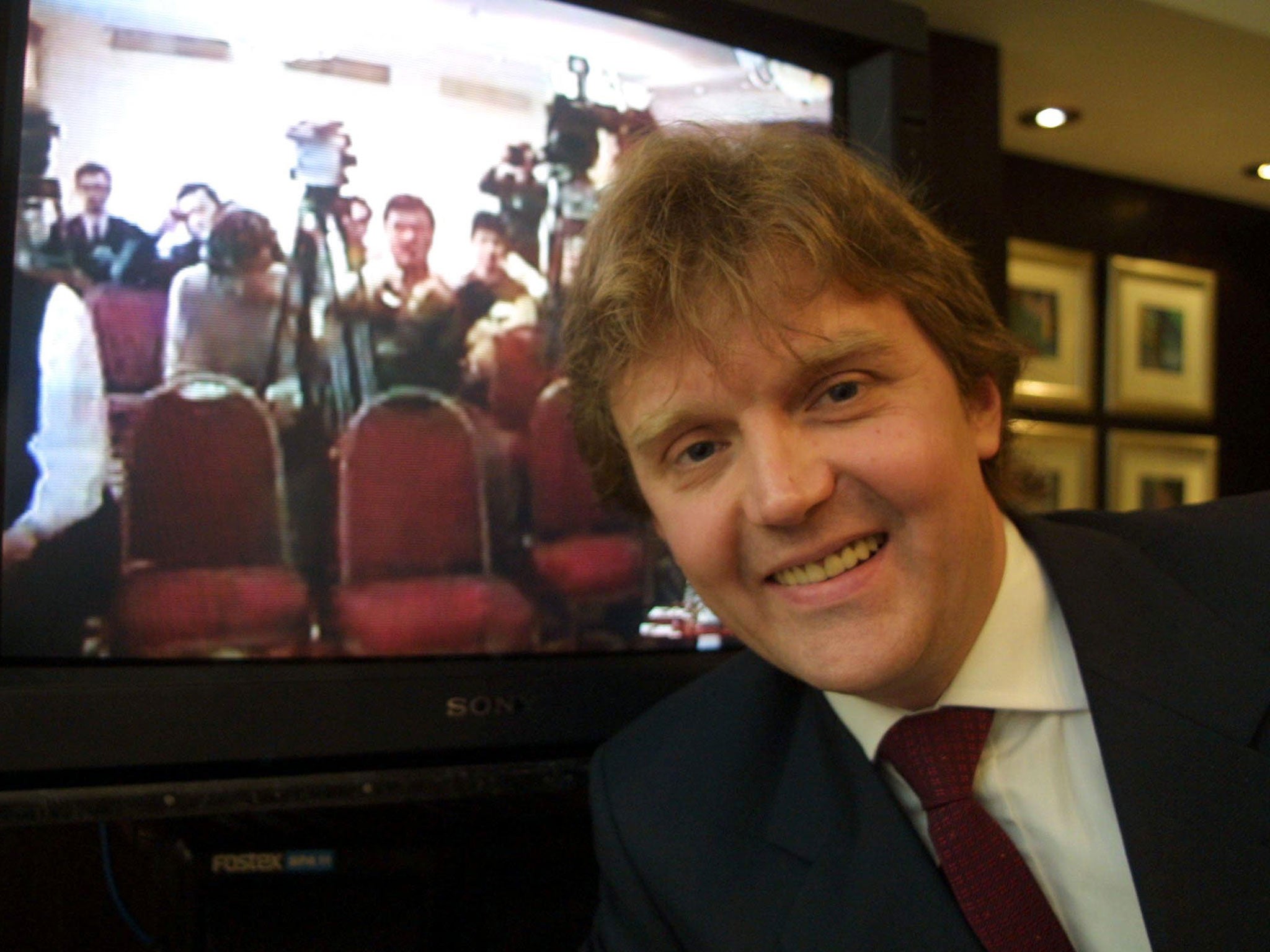
Russia itself has declined to cooperate with the inquiry, citing disagreement with the fact that UK laws allow some evidence in public inquiries to be heard in secret.
Mr Litvinenko died after drinking tea laced with radioactive polonium-210 while meeting former KGB bodyguard Andrei Lugovoi and Dmitri Kovtun, who have been identified as the prime suspects for the killing but who both deny involvement and remain in Russia.
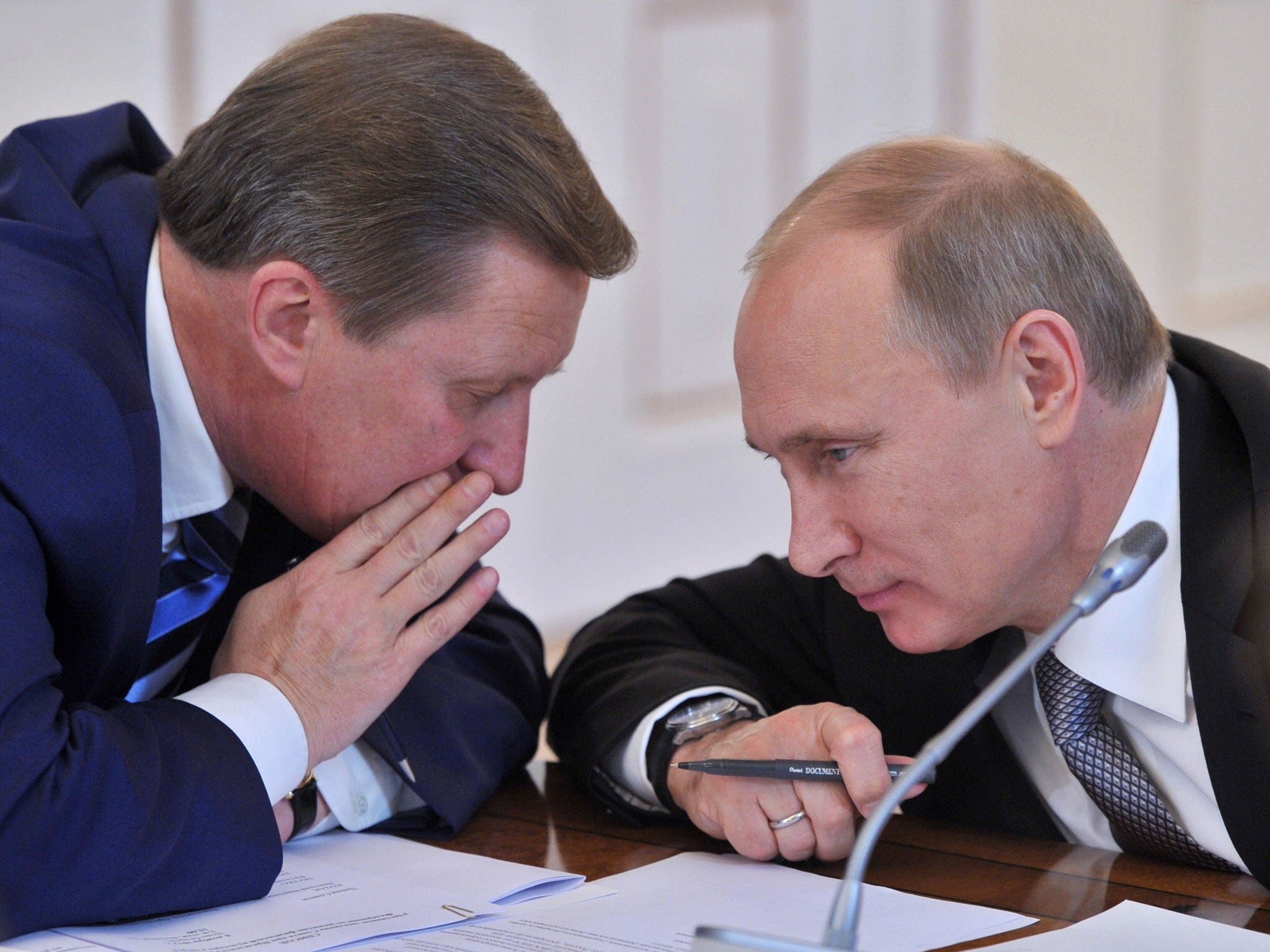
Attempts to call another key witness who met Litvinenko on the day he died, Mario Scaramella, have reportedly been “frustrated” by the Italian authorities.
The ability to hear evidence in closed sessions – and thereby include details that might otherwise threaten national security – was critical to the decision to make the Litvinenko inquest into a full inquiry.
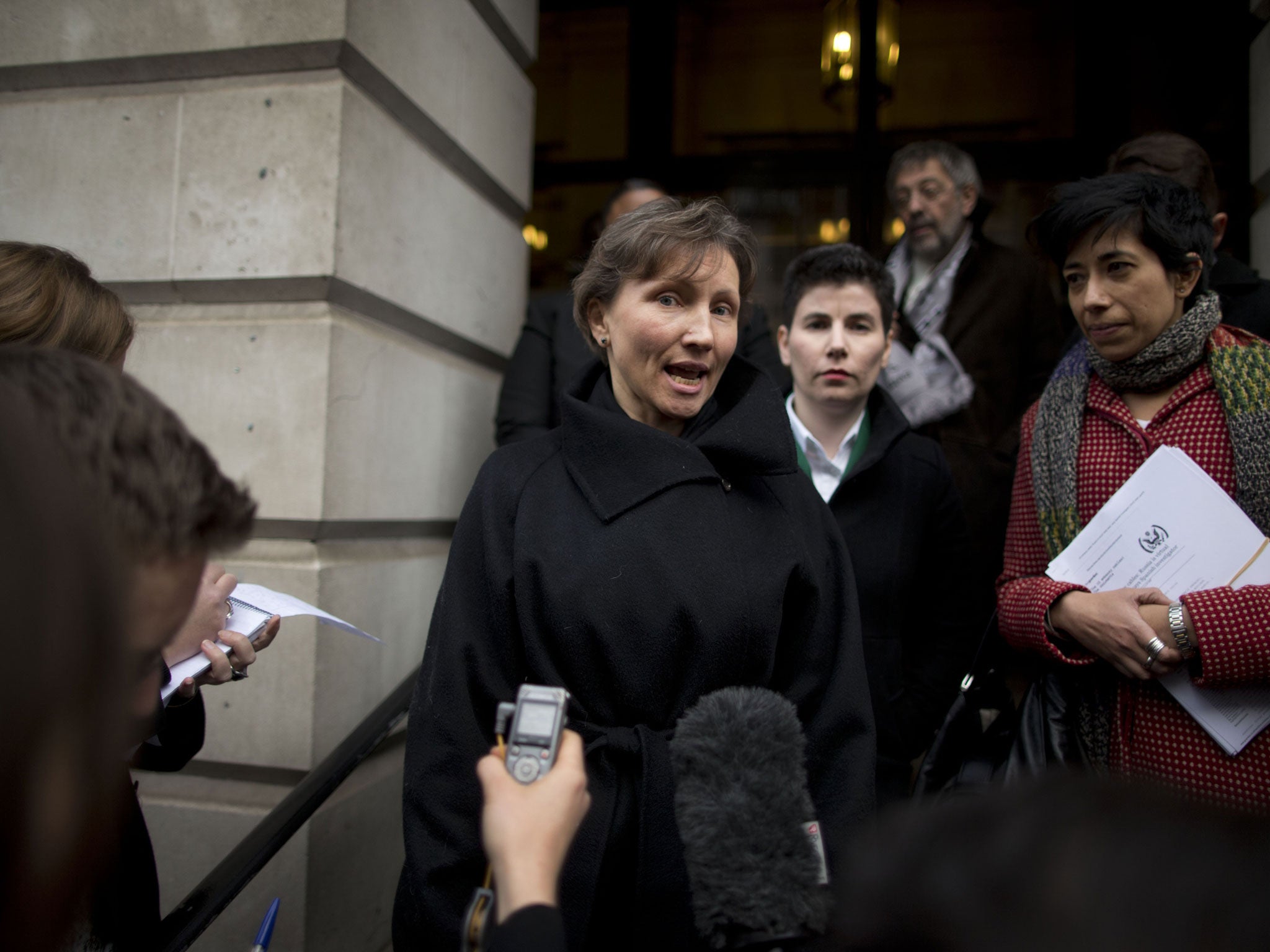
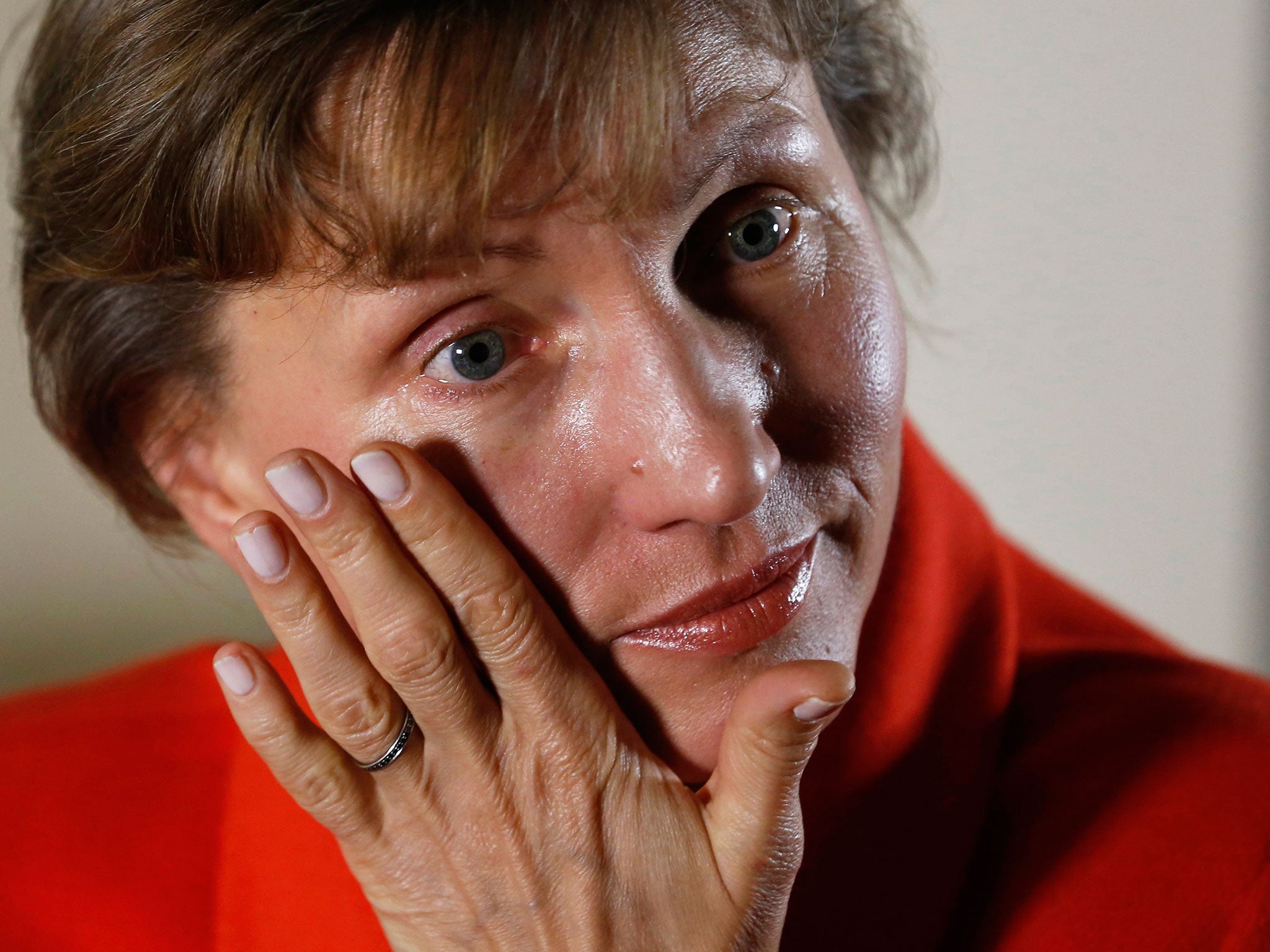
Marina Litvinenko, the former spy’s widow, has long fought for a “fair and fearless” investigation into her husband’s death at the age of 43.
She told The Times: “I want to show all the evidence from the police investigation - from other evidence from statements and everything - which will conclude where the polonium came from and that because these Russian people definitely did it: Lugovoi and Kovtun.
“Sasha (Alexander) was not an enemy of the Russian state but he was an enemy of ... people, in particular Mr Putin and some people around him. Maybe it (the killing) was not a direct order from Putin but he is (responsible for this).”
